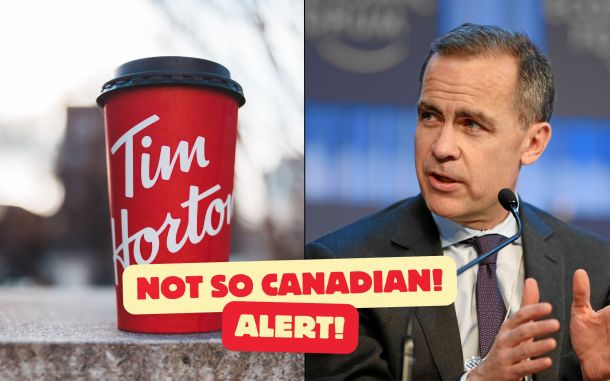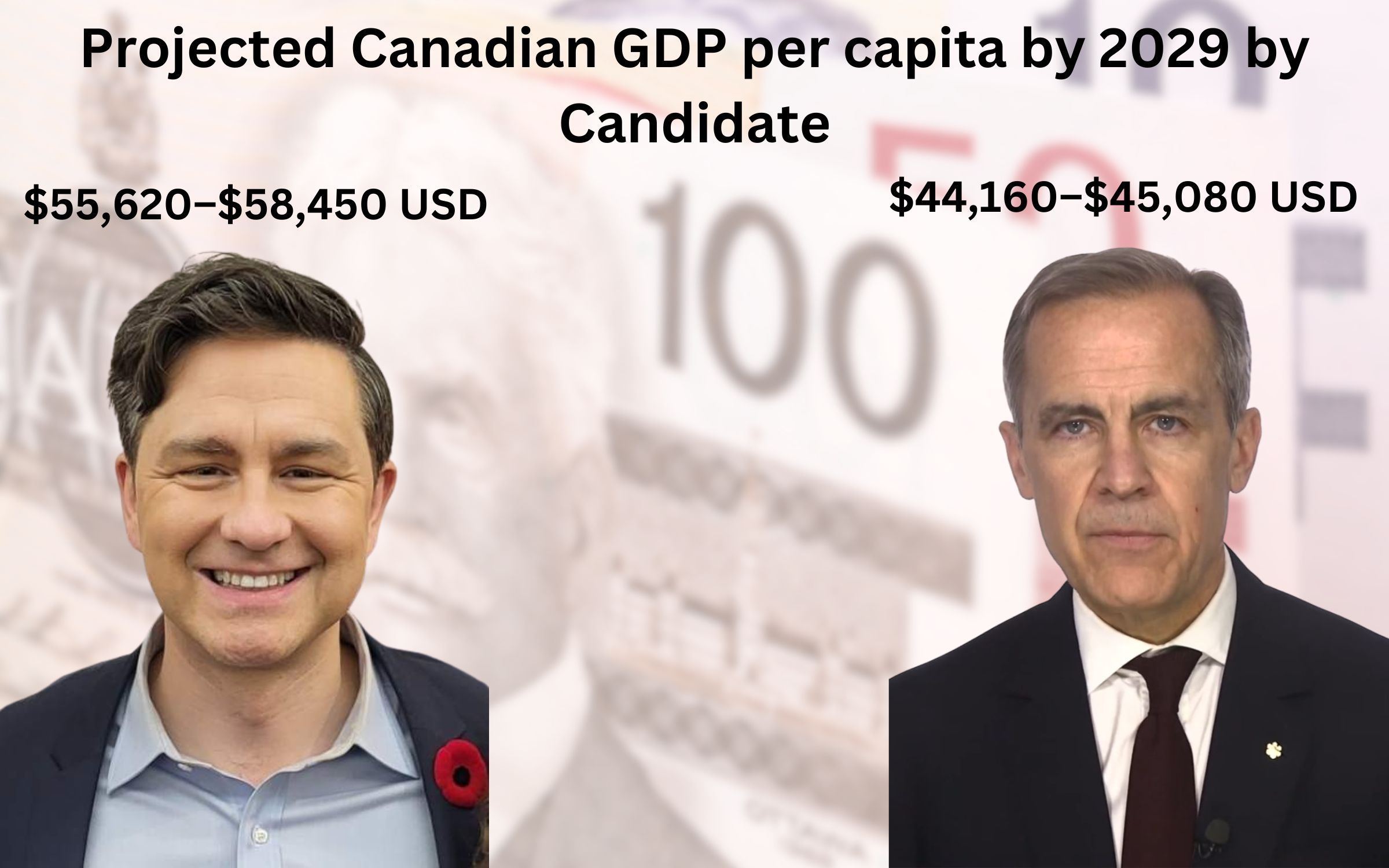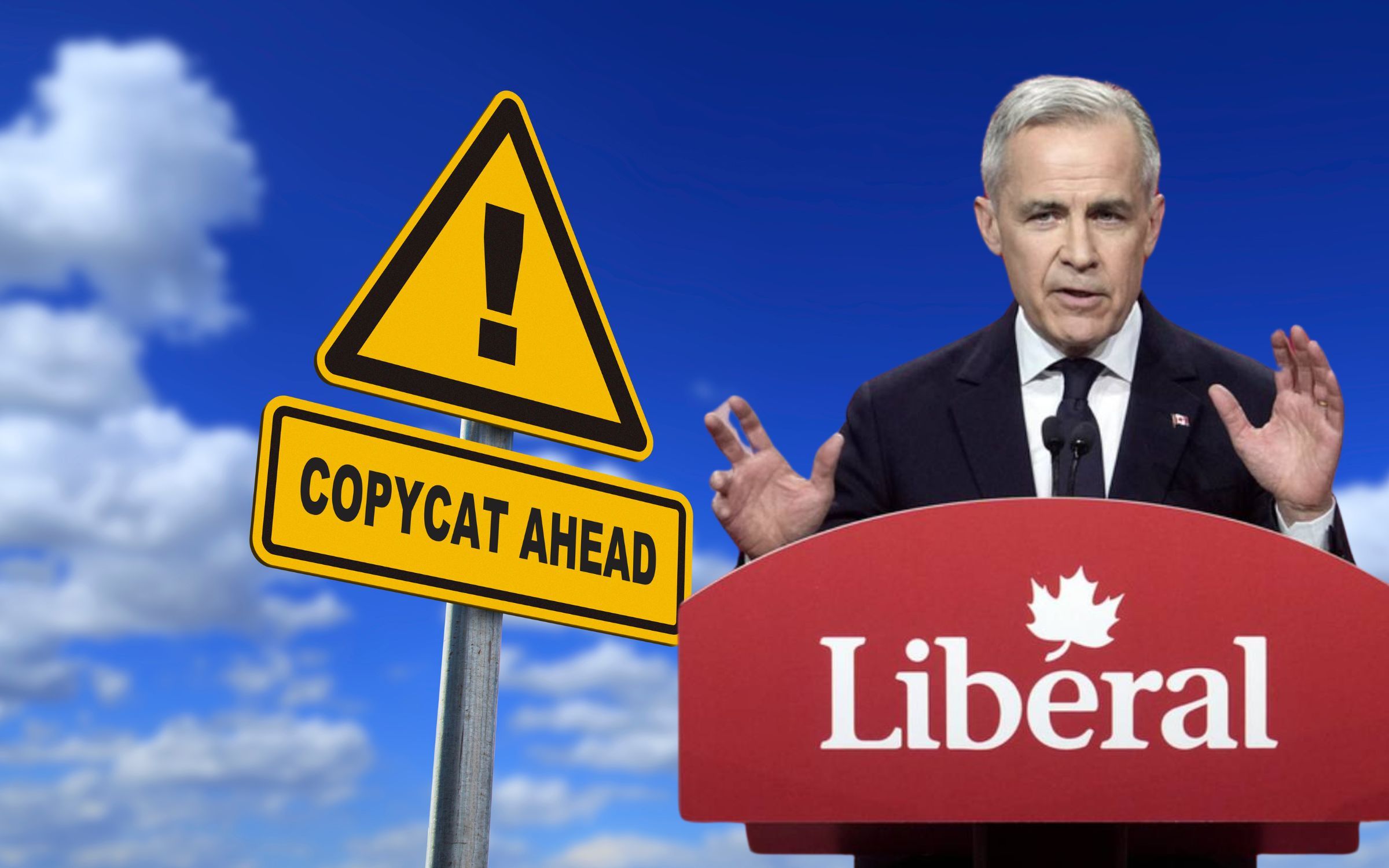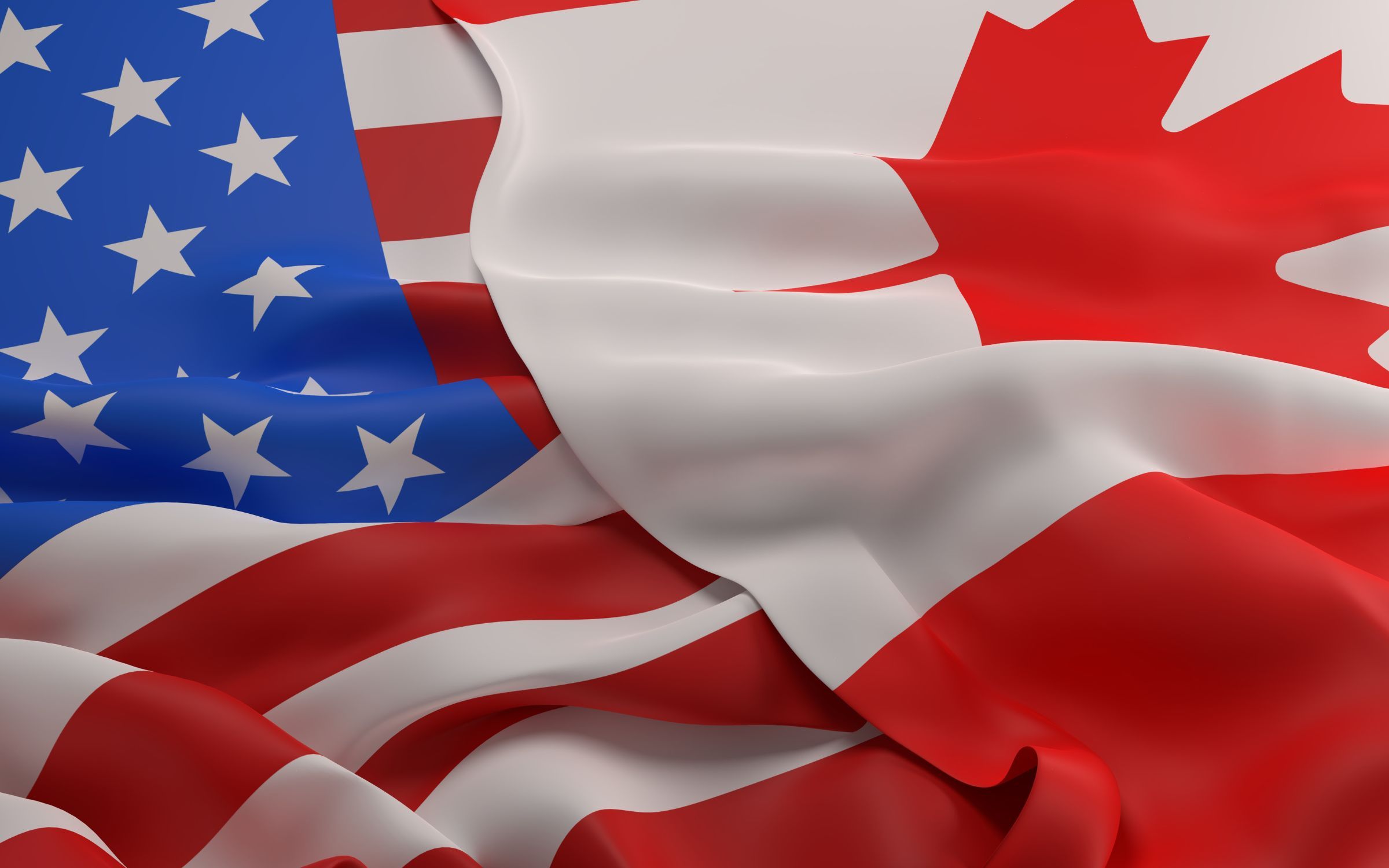Canada’s New Prime Minister: Mark Carney’s Coronation As Predicted.
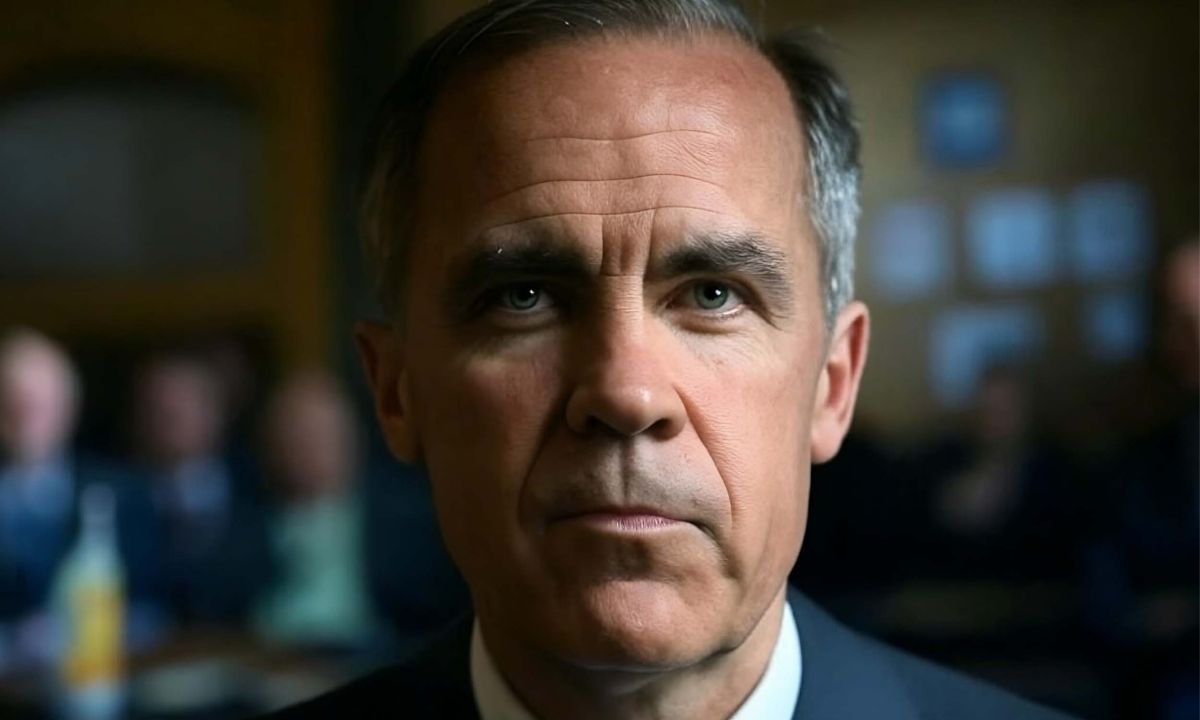
On March 9, 2025, Canada witnessed a seismic shift in its political landscape as Mark Carney, a former central banker with no prior elected office, was crowned the new leader of the Liberal Party and, by extension, the country’s next Prime Minister. This transition, however, was no triumph of democratic will. It was an orchestrated installation, executed with zero transparency and the participation of a mere 0.35% of Canada’s population—approximately 150,000 Liberal Party members.
In a nation of over 40 million, this sliver of insider elites handed Carney the keys to the Prime Minister’s Office, bypassing the electorate entirely. What should have been a moment of democratic renewal has instead become a glaring indictment of the Liberal Party’s contempt for the public mandate.
Carney’s ascent was not a surprise; it was a secret everyone knew the Liberals were keeping. For months, the party had telegraphed its intention to anoint the economist and ex-Governor of the Bank of Canada and Bank of England as Justin Trudeau’s successor. The leadership race, billed as a contest, was anything but. Other candidates—Chrystia Freeland, Karina Gould, and Frank Baylis—were sidelined, their campaigns undermined by what many observers have called “false flags”: contrived disqualifications, lack of party support, and a process skewed to favor Carney from the outset. Freeland, once Trudeau’s finance minister and a political heavyweight, garnered just 11,134 votes compared to Carney’s landslide 131,674—a result that strains credulity given her prominence. The fix was in, and the Liberals didn’t even bother to hide it.
What makes this coronation particularly egregious is Carney’s lack of a parliamentary seat. Unlike every Prime Minister in recent memory, he enters office as a civilian, untested by the rigors of electoral politics. In Canada’s Westminster system, this is not technically illegal—precedents like John Turner in 1984 exist—but it is a rarity that demands immediate accountability to the people. Carney’s installation by the Liberal Party, a minority government clinging to power, reeks of elitism and undermines the democratic principle that leaders should derive their legitimacy from the public, not from party insiders. This is not China, where unelected officials are appointed by a ruling clique; Canada is supposed to be a democracy where the people, not a governing party, determine who holds the nation’s highest office.
The numbers tell a damning story. With 150,000 votes cast in a country of 40 million, Carney’s “mandate” represents a paltry 0.35% of Canadians. Contrast this with a federal election, where millions weigh in, and the disconnect becomes stark. The Liberals have argued that their internal leadership process is a legitimate mechanism for selecting a Prime Minister mid-term, especially given Trudeau’s resignation in January amid plummeting approval ratings. But this justification falls flat when the process lacks transparency and excludes the broader populace. Carney’s financials—his assets, investments, and potential conflicts of interest—remain undisclosed, a fact that won’t change until 120 days after he’s sworn in. By then, he could have called an election, won a mandate, and begun governing, all without Canadians knowing the full scope of who they’re entrusting with power. This opacity is not an oversight; it’s a calculated move to shield Carney from scrutiny until his position is secure.
The Liberals’ decision to prorogue Parliament until March 24 further fuels suspicion. By suspending the legislative session, they’ve dodged immediate accountability and given Carney breathing room to consolidate his leadership before facing opposition parties or the public. This maneuver, coupled with the rushed leadership race, suggests a party more interested in self-preservation than democratic integrity. The timing couldn’t be worse: Canada faces a trade war with the United States under President Donald Trump, whose tariffs and annexation taunts have stoked nationalist fervor. Carney, with his globalist credentials and technocratic resume, may well be the steady hand the Liberals crave in this crisis. But competence does not equal legitimacy, and his installation without a public vote risks alienating a populace already weary of top-down governance.
What should Carney do? The answer is clear: call an election immediately. If he believes in his vision—fiscal responsibility, social justice, and international leadership, as he touted in his victory speech—then he must seek a mandate from Canadians, not just Liberal loyalists. History offers a lesson: when John Turner assumed the Prime Ministership without a seat in 1984, he dissolved Parliament within weeks and faced the electorate. Though he lost to Brian Mulroney’s Progressive Conservatives, the move respected democratic norms. Carney, too, must take this path. To govern without a seat and without a public vote is to invite accusations of illegitimacy, especially in a minority government where confidence in the House of Commons is already tenuous.
Critics will argue that an election now, amidst economic uncertainty and a resurgent Conservative Party led by Pierre Poilievre, risks handing power to the opposition. Polls show the Liberals and Conservatives neck-and-neck, a dramatic turnaround from the 20-point deficit they faced earlier this year. But that’s precisely the point: if Carney’s leadership is as transformative as the Liberals claim, let him prove it at the ballot box. A democracy thrives on choice, not coronation. By clinging to power through backroom deals and a sham leadership race, the Liberals are betting that Canadians will accept this fait accompli. They may be wrong.
Canada deserves better than a Prime Minister installed by a privileged few under a veil of secrecy. This is a nation built on the promise of representation, not the whims of a ruling party. Carney must call an election, not because it’s politically expedient, but because it’s right. Anything less is a betrayal of the democratic ideals he claims to champion.




